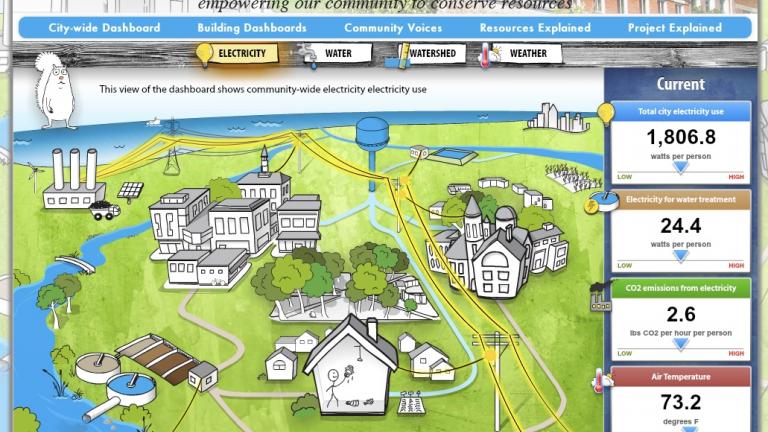
It’s certainly tough sometimes to read a daily newspaper. Whether it’s climate scientists’ latest projections about the speed of sea level rise or tepid responses from politicians or CEO’s, some days depressing news seems to abound on every page.
Psychologists tell us that most of us can only take so much negativity without withdrawing or turning away. If we believe that, then maybe we need to find compelling ways to encourage others to stay engaged and not withdraw from the conversation. Shaming or belittling people – whether as individuals or in institutions - for not doing enough (or anything) doesn’t seem like a productive strategy for turning the tide. My strategy is to find out where people are coming from and start there with whatever it takes to move them to “the next step.” [Obviously, that varies widely from a random neighbor to a corporate head who knows exactly what the stakes are!]
What I’m suggesting here is simple: even in the midst of a global crisis - find one thing that gives you hope or inspires you and make it bigger.
So – in a comment below this post, please name the one thing that most gives you hope or inspires you, and why. Not what doesn’t give you hope or why someone else’s “one thing” is wrong, but what’s true for you.
For me, I’m incredibly inspired by the work that a coalition of folks in Oberlin, Ohio, undertook from 2009-2016. It’s called the Oberlin Project. It joined together academics, students, non-profits, local government and business leaders to share each other’s strengths and resources to create a climate positive community. As someone with a passion for learning, I’m especially interested in their efforts to create an environmentally educated public.
Read more on their website or blog or Facebook page.
They’ve set an example for us all about collaboration across different interests to build a more resilient community long-term.
Thanks, Oberlin!





